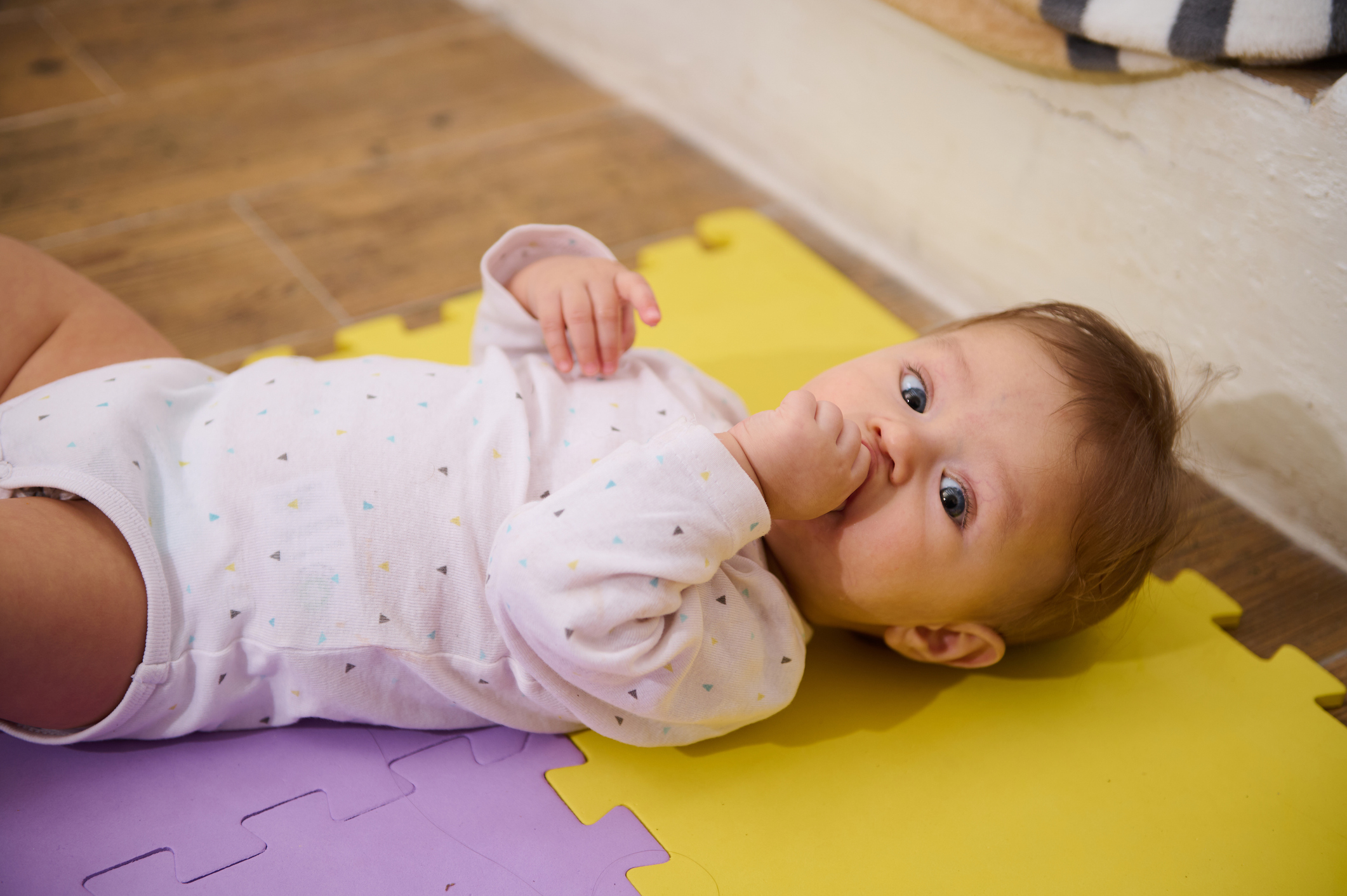Reducing the hours bars and taverns could sell alcohol in a Baltimore neighborhood reduced all violent crime in the area annually by 23 percent, a study has found.
Research by the Boston University School of Public Health (BUSPH) and the Alcohol Research Group of Emeryville, California, found that the number of murders dropped by 51 percent within the first month of the trial.
The homicide rate fell by 40 percent annually, compared to similar low-income neighborhoods which had no change in hours of alcohol sales.
The findings suggest that reducing late-night hours of sale may be an effective way for cities to curb excessive drinking, as well as homicides, assaults, and other crimes.
"We were able to take advantage of this natural experiment, and apply rigorous analytic methods to assess the effect of the change," Erika Rosen, study lead author of the Alcohol Research Group, said in a press statement. "While we expected to see some change, the size of the drop in crime was even more significant than we expected."
For the study, the team analyzed the impact of the Maryland Senate Bill 571, which was introduced in September 2020.
The bill reduced the hours of sale for alcohol in 2020, from 20 hours per day to 13 hours per day. Instead of staying open until 2 am, bars and taverns were required to shut at 10 pm.
The team then measured total violent crime incidents within 800 feet of bars and taverns from May 2018 to December 2022—before and after the new legislation. They focused on late-night incidents between 8 pm and 4 am around 26 bars.

They compared these to crimes happening near 41 other bars with unchanged hours of operation in demographically similar Baltimore neighborhoods.
The researchers looked at both violent crime—defined as homicide, robbery, aggravated assault and rape—and common assault. They took other factors into account, including population size and the number of convenience stores in the area.
Overall, the reduction in crime saved Baltimore an estimated $18.2 million in annual costs. However, additional research is needed to test this policy in other cities and for longer periods of time.
Multiple studies have suggested that individuals prone to aggressive behaviors are more likely to commit impulsive violent crimes while under the influence of alcohol. Additionally, findings from brain studies indicate long-term alcohol consumption can lead to changes in brain regions involved in self-control, decision-making, and emotional processing.
David Jernigan, co-author of the new study and a professor of health law, policy and management at BUSPH, said in a press statement: "Changing the hours of service and sale of alcohol is a relatively simple intervention. Yet our findings suggest that, even in a period like the COVID-19 pandemic when alcohol consumption was rising, this policy has great promise for other cities and neighborhoods seeking to prevent and reduce crime."
The full findings of the study were published in JAMA Internal Medicine.
Do you have a tip on a science story that Newsweek should be covering? Do you have a question about health? Let us know via science@newsweek.com.
Uncommon Knowledge
Newsweek is committed to challenging conventional wisdom and finding connections in the search for common ground.
Newsweek is committed to challenging conventional wisdom and finding connections in the search for common ground.
About the writer
To read how Newsweek uses AI as a newsroom tool, Click here.





